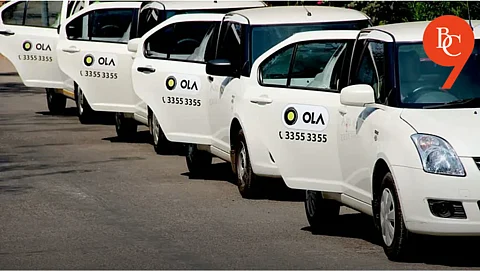Maharashtra to Launch Taxi App for Cabs, Rikshaws, and E-Bikes, Challenging Ola-Uber Dominance
The Maharashtra government has announced plans to introduce its own digital platform for booking cabs, autorickshaws, and e-bikes. This state-run app is designed to create a more equitable mobility ecosystem, offering drivers better earnings and commuters lower fares, while breaking the growing monopoly of private operators like Ola and Uber in cities such as Mumbai and Pune.
The upcoming app expected to launch by year-end will be developed in collaboration with Maharashtra’s transport department and local transport unions. Unlike existing platforms, it will be open to all registered taxi and rickshaw drivers, as well as local e-bike and motorcycle taxis, ensuring fair participation, transparent pricing, and a broader reach across urban, suburban, and rural areas.
Officials emphasize that the government aims to address key pain points: high commission fees charged by private aggregators, algorithmic surge pricing, driver dissatisfaction, and lack of regional transport coverage. The state’s vision is to provide a “by the people, for the people” alternative that puts both passenger welfare and driver livelihoods at its center.
The state government’s decision comes after years of tension between ride-hailing majors and local driver communities. Drivers have complained of diminishing incomes due to high aggregator commissions and opaque fare structures. Passengers have faced relentless surge pricing, poor grievance redressal mechanisms, and limited mobility options especially during night hours or in less-profitable routes.
By disrupting this oligopoly, the state hopes to create a more level playing field, encourage formalization of informal mobility providers, and keep revenues within the local economy. The move also aligns with the government’s broader Smart City and Digital India missions.
Despite broad support, industry experts caution that the app’s success will depend on robust backend technology, regular updates, seamless user experience, and effective partnerships with driver groups. Last-mile integration and large-scale public awareness campaigns will be essential for widespread adoption.


